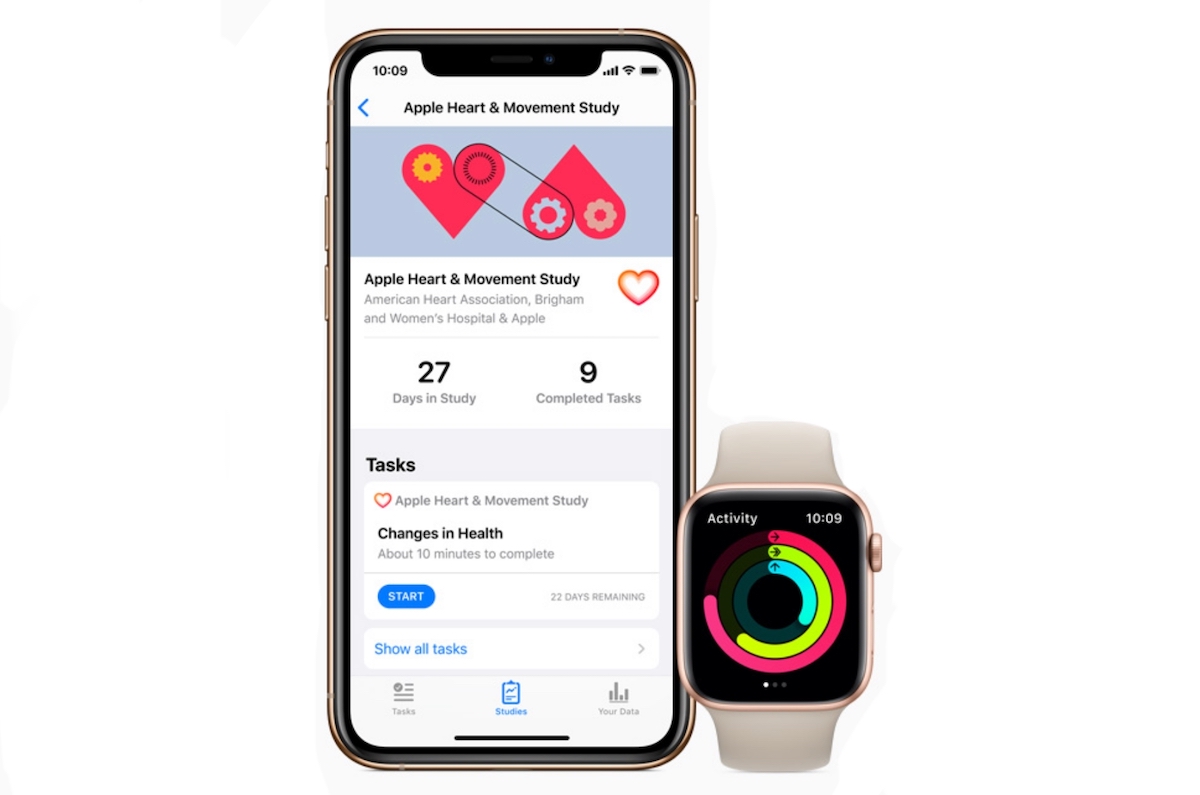The Wall Street Journal reports that the company is developing a technology to diagnose depression, cognitive decline, and other neurological diseases by recording and analyzing facial expressions, and other behavioral patterns. Apple’s new effort is an extension of its collaborative projects with the University of California, Los Angeles, to study studying stress, anxiety, and depression and Biogen pharmaceutical company to study mild cognitive impairment like dementia.

In January 2021, Biogen partnered with Apple to launch a new virtual study to use the Apple Watch and iPhone to monitor cognitive decline, a symptom of dementia and neurological diseases. The multi-year study will focus on cognitive deficiencies in people from a wide range of ages and the effectiveness of wearables like the Apple Watch in detecting the symptoms.
For users privacy, Apple will design an algorithm to analyze symptoms on the iPhone only
As per the report, iPhone’s camera and Apple Watch sensors will be used to record users’ personal mannerisms and data which raises privacy concerns.
The data that may be used includes analysis of participants’ facial expressions, how they speak, the pace and frequency of their walks, sleep patterns, and heart and respiration rates. They may also measure the speed of their typing, frequency of their typos and content of what they type, among other data points, according to the people familiar with the research and the documents […]
Therefore, to ensure users’ privacy and safety, Apple will design a new algorithm to only process the information on the device, iPhone, and not upload the data on the company’s servers.
The extent of user tracking that may be required could spark privacy concerns. To address them, Apple aims for algorithms that work on users’ devices and don’t send the data to Apple servers, the documents show.
Recently, Apple faced major heat for its CSAM detection system which will scan the photos, as they are being uploaded to iCloud, for known CSAM on users’ iPhones and then upload that matched images as safety vouchers on the cloud. After the tagged safety vouchers will exceed the 30 images threshold, the account will be liable for human review. Privacy and security expert say that this system will create a backdoor and jeopardize users‘ privacy. For now, the CSAM detection system has been delayed till later this year.